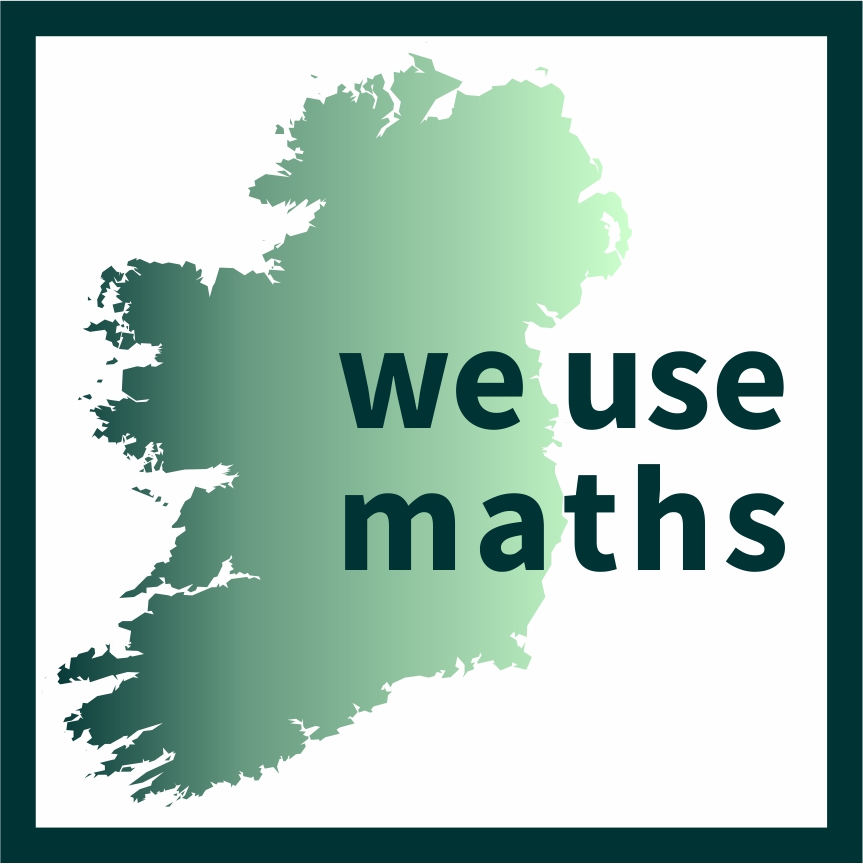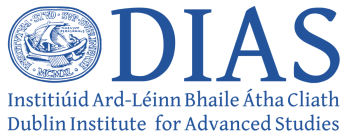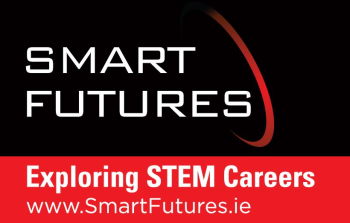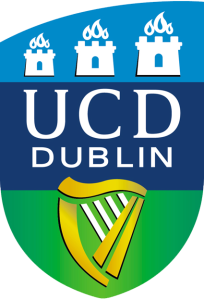Aoife McLysaght:
Genetics Researcher
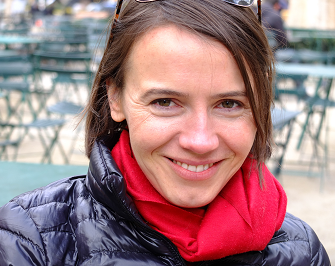
Your name?
Aoife McLysaght
Your job title?
Genetics Researcher
What are your main tasks and responsibilities as a Genetics Researcher?
My main responsibilities are lecturing to students, running the ‘Molecular Evolution Laboratory’ in Trinity College Dublin and supervising on-going research. Currently my main research focus is looking for genes that could be important in clinical conditions, and I’m using molecular evolution to do it. For this European Research Council (ERC) funded work, I’m particularly interested in the ‘balance’ of genes that are duplicated, and how this can pinpoint genes potentially involved in conditions such as Down syndrome, autism and schizophrenia.
How do you use mathematics in your job?
I use a significant amount of statistics in my research, especially for analysing genetic data. Mathematics and genetics have a strong relationship and this is reflected in our undergraduate course structure as all first year students must study mathematics, and in the final two years, there are courses specifically designed for gene analysis. Within the area of genetics research there is also mathematical modelling where these theoretical models can be used to verify certain ideas or hypothesis. The grandfather of genetics, Gregor Mendel, used mathematical reasoning to discover the fundamental laws of heredity via his study of pea plants. He deduced that genes come in pairs and are inherited as distinct units, one from each parent. Mendel tracked the segregation of parental genes and their appearance in the offspring as dominant or recessive traits.
What aspects of the mathematics curriculum or mathematics courses have proven most useful to you?
Statistics and Probability is the most useful one. I also had an old computer as a child of which I had to write small scripts. This has also been very helpful to me. Computer programming is important and handling large data sets is also a skill one needs. Bioinformatics is the intersection of biology, mathematics and computer science. It seeks to create, advance and apply computer/software-based solutions to solve formal and practical problems arising from the management and analysis of very large biological data sets. Trinity College Dublin provides courses on this topic.
What is your education to date?
General Science in TCD, specialising in Genetics.
PhD in Genetics (TCD)
Post-doctoral researcher at the University of California, Irvine, USA.
